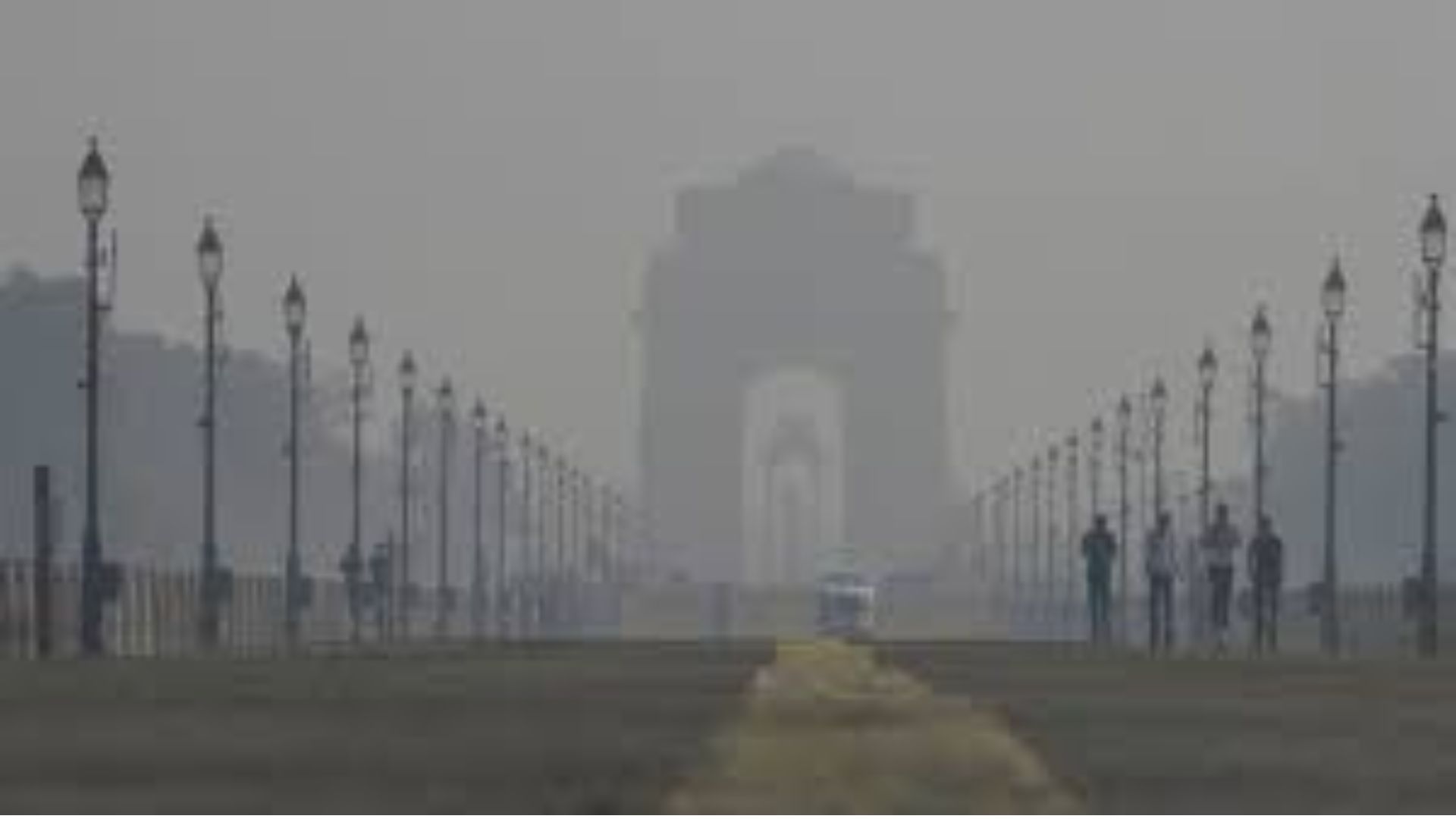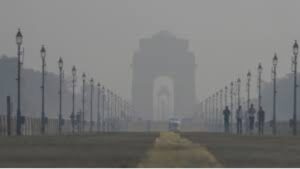The Supreme Court of India on Monday emphasized that the right to live in a pollution-free environment is a fundamental right of every citizen, protected under Article 21 of the Constitution. A bench of Justices Abhay S Oka and Augustine George Masih remarked that no religion endorses activities that contribute to pollution, particularly criticizing the widespread use of firecrackers during Diwali celebrations in Delhi.
The bench stated, “The right to live in a pollution-free atmosphere is a fundamental right of every citizen which is protected by Article 21 of the Constitution of India. Prima facie, we are of the view that no religion encourages any activity which creates pollution or compromises the health of people. If firecrackers are burnt in this fashion, it also affects the fundamental right to health of the citizens.”
Delhi Police Criticized for Failing to Implement Firecracker Ban
The apex court expressed dissatisfaction with the enforcement of the firecracker ban imposed by the Delhi government on October 14, noting that the Delhi Police did not take the directive seriously. The bench directed the Delhi Police Commissioner to take immediate steps to inform all licensed firecracker vendors to cease sales.
The bench further ordered, “Delhi Police must immediately inform those entities that sell firecrackers online on marketing platforms to stop the sale and delivery of firecrackers within the limits of the National Capital Territory of Delhi.”
To ensure strict implementation of the firecracker ban, the Supreme Court instructed the Delhi Police Commissioner to establish a special cell and hold the Station House Officers (SHOs) of all local police stations accountable for compliance. The Commissioner has been asked to file a personal affidavit by November 25 detailing the measures taken to enforce the ban.
“The Delhi Police Commissioner must form a special cell to ensure the effective implementation of the ban on firecrackers and hold SHOs responsible for enforcing the ban throughout the year,” the bench directed.
The Supreme Court also called upon all states within the National Capital Region (NCR) to present reports on the steps taken to mitigate air pollution. It directed these states to provide updates on actions implemented to ensure minimal pollution levels, particularly during festive periods.
The counsel for the Delhi government indicated that the administration is evaluating whether to extend the firecracker ban throughout the year, pending consultation with relevant stakeholders. The Supreme Court has directed the state government to reach a decision on the matter by November 25.
The bench remarked, “The state government must make an appropriate decision on or before November 25, considering a potential extension of the firecracker ban throughout the year.”
Stubble Burning in Focus: Punjab, Haryana Under Scrutiny
During the hearing, the Supreme Court also addressed the issue of stubble burning in Punjab, Haryana, and Uttar Pradesh, which significantly contributes to air pollution in Delhi. The bench noted the reluctance of Punjab and Haryana authorities to take legal action against farmers involved in stubble burning.
“States must explain the non-prosecution of farmers accused of stubble burning,” the court ordered, emphasizing the need for strict compliance with anti-pollution rules.
The Centre informed the court that it had rejected the Punjab government’s request for funds to procure tractors and other equipment for farmers to manage stubble burning. This denial has added to the ongoing tensions between state and central authorities over handling pollution issues effectively.
The Supreme Court’s directives and observations reflect its growing concern over the rising pollution levels in Delhi and the surrounding regions, urging both state and central authorities to take decisive actions to safeguard public health.














